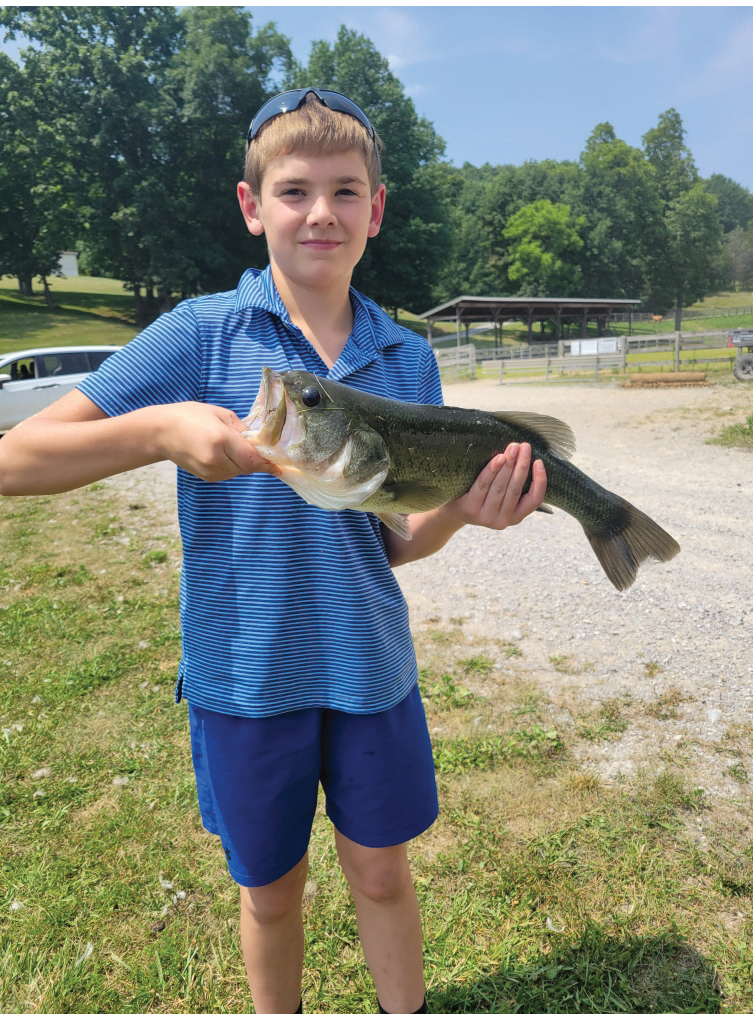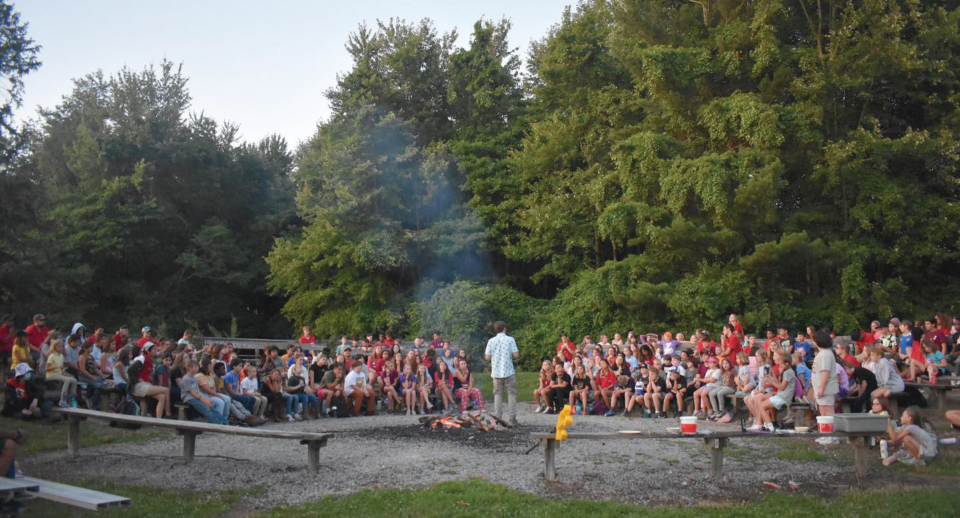Let’s define “camp.” In this Parent’s Guide to Camp, you’ll uncover multiple definitions of the word, from a historical perspective to a modernized viewpoint within diverse cultures, when using any search engine. Though, for the sake of this article, we will refer to a “camp” as a safe space set aside for youth to assemble amongst peers with adults who can inspire constructive change. Moreover, camps are meant to create unforgettable memories and leave lasting impressions on children so that they have a foundation of confidence to refer back on.
A Parent’s Guide to Camp
Camps provide enrichment. It is, if you will, the fundamental thought by which many parents consider enrolling their children into such programs. As parents, we set out to give our kids a host of quality and positive experiences that will help to develop them into well-rounded and happy individuals. In terms of character building, camps appear to be an easy win for the family! The first documented camp was the “Gunnery Camp,” established in 1861 by Frederick W. Gunn in Washington, Connecticut. This camp was known for serving young boys to engage in outdoor activities and develop physical skills. Over more than 160-years later, camps have come to include a variety of services and offerings for all children at various ages.
Whether the camp is driven by a focus of academics, sports, arts & crafts or is faith-based, parents need to know what to expect for themselves and their children. To minimize anxiety for moms and dads, parents with the camp life experience were interviewed for their insight. Megan Roberson, a mom of two and resident of Cincinnati, shares that one of her children had only participated in one camp, but she and her husband were preparing to send them to the same camp for the second time this year.

QUESTION: How can new camp parents prepare for camp?
“For my husband and I, we realized that preparing your child for camp should be a six to 12-month process,” says Roberson. “Many times, spots fill-up fast and there is a good chance you may miss the opportunity for placement if you aren’t aware of the checklist of requirements – such as fees, deadlines, and schedules. Waitlists can be long too if the camp is popular. With that being said, you want to give yourself the flexibility to plan for the calendar your child will follow, as well as save (if necessary) to cover the expense associated with the program.”
QUESTION: What is the most challenging thing about enrolling children in camp?
“Navigating schedules, for sure. I would even suggest planning vacations around the camp,” explains Roberson. “This is especially if the enrichment they are receiving is important to both you and your child, so that here are no interruptions in their progress. Also, be mindful of drop-off and pick-up times. Some day camps may begin at 9 a.m. and end at 2:30 p.m. This may obviously impact parents’ work schedules and require some coordination within the family.”
QUESTION: What do you consider to be the best thing about camps for kids?
“Camps provide kids with freedom to have fun,” laughs Roberson. “Not that parents don’t permit it otherwise, but in terms of the independence that is associated with the experience away from their parents. Your child is given the chance to engage, learn and mature in new ways. It is healthy for them to develop these kinds of social skills and individuality in their youth.”
One common concern or roadblock to registering kids for camp activities: Cost. In 2022, the American Camp Association (ACA) reported that the average cost of summer camp in the United States was around $178.49 a day, and for sleep-away camp, it was $448.53 a day. Over the last couple of years, the cost of living has increased and camps are impacted by this reality. According to EconoFact – a non-partisan publication designed to deliver an impartial perspective of the national debate on economic and social policies, “December 2023 consumers were seeing prices that were on average about 19 percent higher than they were before the pandemic in December 2019.” So it’s within reason to say that fees make a significant difference in the decision-making on extracurricular activities. Camps are no exception. Michael Williams, also a father of two and a resident of Cincinnati, speaks further about his family’s camp experience.
QUESTION: What do you appreciate about camps for kids?
“We always like having things for our boys to do during summer,” says Williams. “Things that keep their brain engaged while off school are important to us.”
QUESTION: Do you believe camps are generally too expensive?
“I think there are lots of well-priced options available to families,” he says. “You just have to explore what those are and how they meet you child’s needs. For instance, I think that if my family had been more into
Scouts we would have been doing more of the overnight camps, but some can get really pricey! As a middle class couple (even probably upper middle class with the dual income) $1000/week for an away camp is a big investment. Most of the weekly day camps we have participated in are in the $250-$300/week range.”
QUESTION: Any advice for parents about camps?
“Go for it! I think if you have the funds, it’s probably a great opportunity for kids,” says Williams.
It is important to denote here that many camps are supported by grants, sponsors and financial aid programs that can assist parents in enrolling their child in the camp of their choice. Be sure to inquire about these opportunities in the registration process for your child, or, as a reference point for any family who can benefit from funds made available for enrichment. The priority, in most cases, is to reach as many children as possible and do good work in our community! It was important to obtain the encouragement of a professional who knows both in practice and outcomes the value camp programs provide.
“If your child has never been to a specific camp, or day camp in general, contacting the camp director to get a tour of the camp grounds is a good way to see in person what camp looks like, where they will eat lunch, where they will change for swim, etc.,” says Nikki Downey, director of operations at the Clippard Family YMCA, YMCA of Greater Cincinnati.
“Seeing these places in-person before camp starts helps alleviate some of the fears in the child and parent.” Camps are awesome places to practice social skills, team build and think outside the box. They even give children a technology break! The most important thing you can do is to visit camps in advance, plan ahead in terms of aligning the family schedule, use available resources to cover costs and allow your children to appreciate their freedom. And, allow yourself to do the same in their absence because you deserve it.





